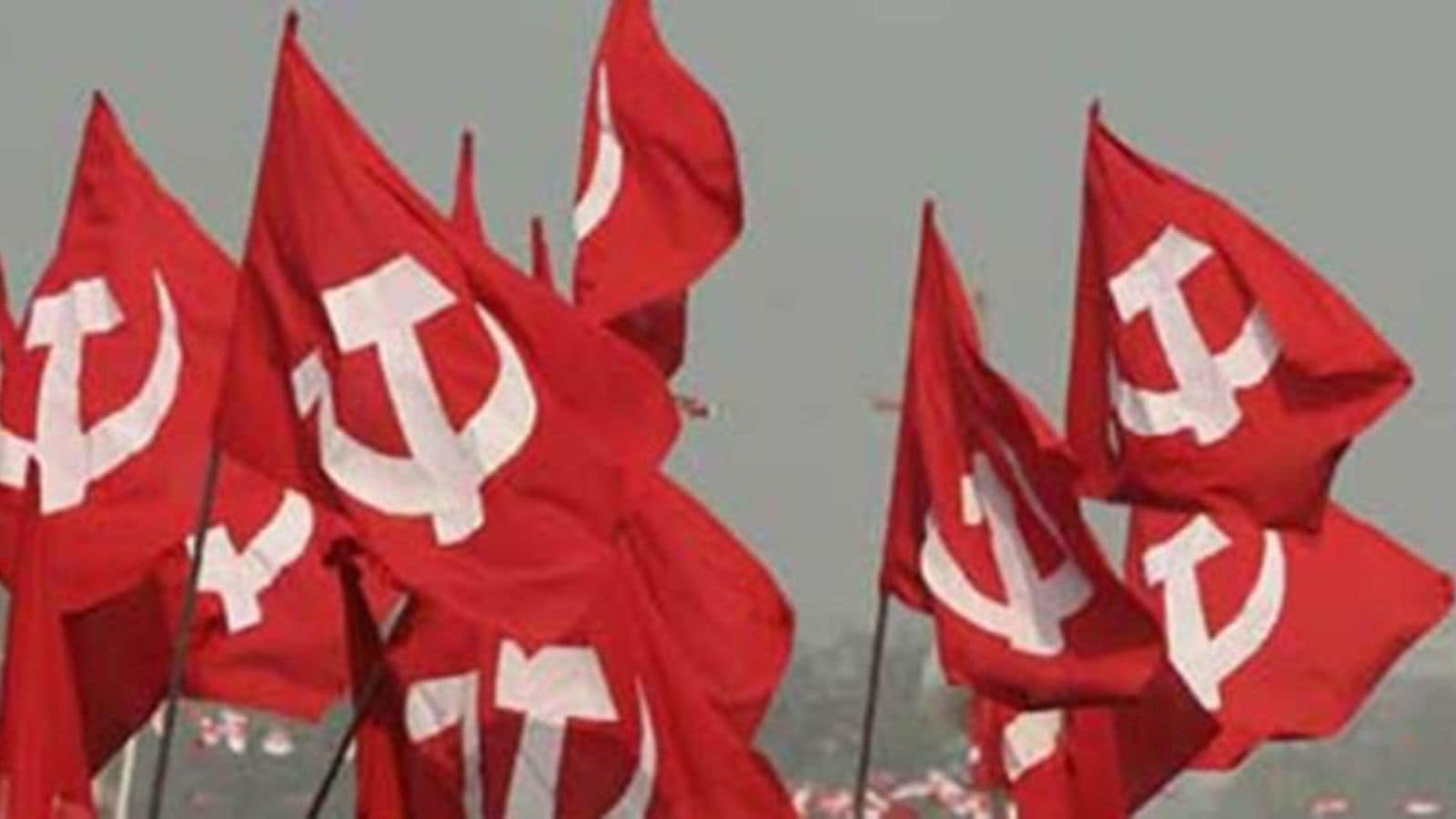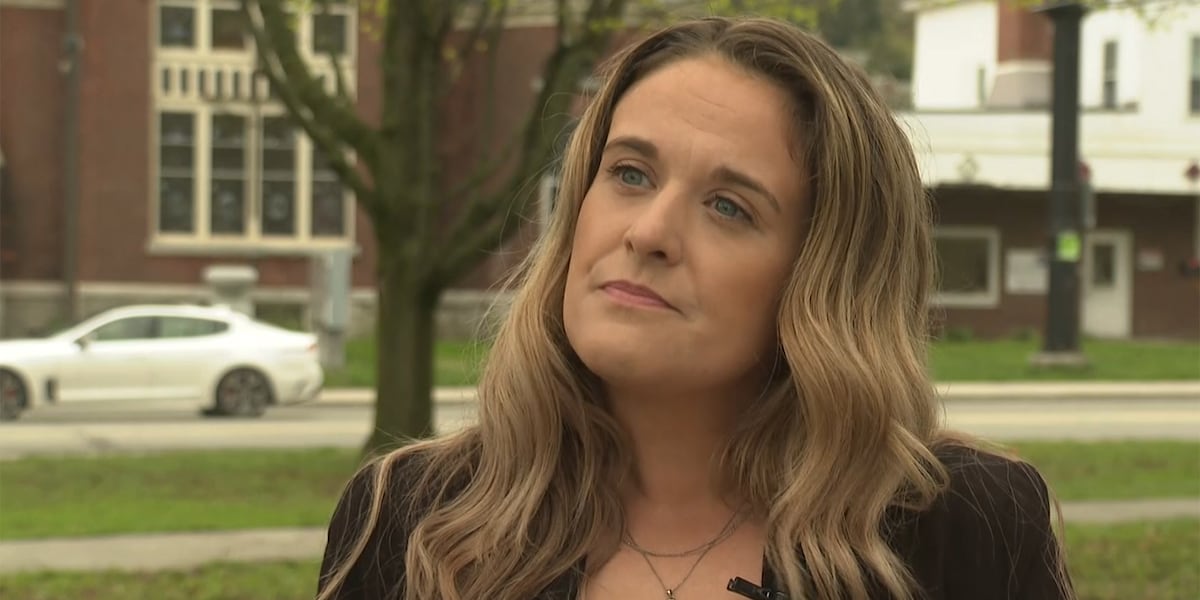CPI(M) in Bengal Plans Community Outreach: Alternative Schools, Health Camps Ahead of 2026 Elections

The Communist Party of India (Marxist) in West Bengal is gearing up for the 2026 Assembly elections with a renewed focus on grassroots engagement. In a recent directive to party members, the CPI(M) has outlined a plan to establish 'alternative schools,' tuition centres, and health camps across the state, aiming to bolster its support base and address pressing community needs.
This ambitious initiative, detailed in the party's first letter of the year, signals a strategic shift towards a more proactive and community-centric approach. The plan mandates the formation of booth committees in every polling booth by June 30th, forming the backbone of this outreach effort. These committees will be responsible for organizing and managing the proposed programs.
Addressing Educational and Healthcare Gaps
The concept of 'alternative schools' is particularly intriguing. While details are still emerging, it's understood that these schools will likely focus on providing supplementary education, particularly in underserved areas. This could involve offering tutoring, skill development workshops, and access to educational resources that are currently lacking. The tuition centres will likely mirror this, focusing on providing academic support for students of all ages.
The inclusion of health camps is equally significant. West Bengal, like many regions in India, faces challenges in providing accessible and affordable healthcare to all its citizens. These camps are intended to offer basic medical check-ups, health awareness campaigns, and potentially referrals to specialized care. This demonstrates the CPI(M)'s commitment to addressing the practical needs of the population.
Building a Stronger Grassroots Base
Beyond the immediate benefits to communities, the CPI(M)'s strategy is clearly aimed at strengthening its grassroots base. By actively engaging with voters and providing tangible services, the party hopes to regain the trust and support it has lost in recent years. The booth committees will play a vital role in identifying local needs, mobilizing volunteers, and ensuring the effective implementation of these programs.
A Calculated Political Move?
Political analysts view this move as a calculated effort to differentiate the CPI(M) from other parties. In a political landscape often dominated by populist promises and short-term gains, the CPI(M)'s focus on long-term community development could resonate with voters seeking sustainable solutions. It's a departure from traditional campaigning methods and a bet on building genuine connections with the electorate.
The success of this initiative will depend on several factors, including the effective functioning of the booth committees, the mobilization of resources, and the overall political climate in West Bengal. However, the CPI(M)'s commitment to community outreach demonstrates a clear intention to rebuild its presence and challenge the current ruling party ahead of the 2026 Assembly elections. The party is betting that tangible action and community support will outweigh mere political rhetoric.
The deadline for establishing the booth committees underscores the party's urgency and seriousness in implementing this strategy. As the 2026 elections draw closer, West Bengal's political landscape is set to become increasingly competitive, and the CPI(M)'s proactive approach could prove to be a game-changer.






